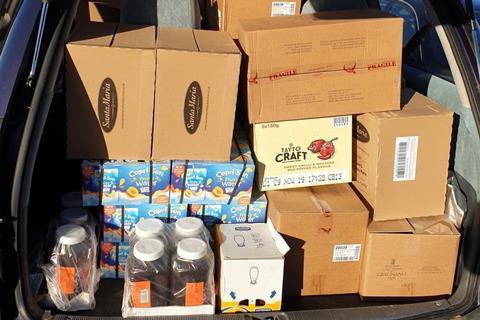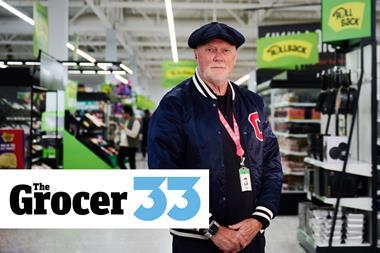
Every year, retail, foodservice and hospitality businesses throw away 1.1 million tonnes of food – equivalent to 2.4 billion meals.
With more than two million UK adults recently admitting to having gone without food for a whole day because they couldn’t afford to eat, this level of food waste feels particularly difficult to stomach.
The cost of living crisis continues to worsen, and UK food prices are now 7% higher than this time last year. If people are struggling to put food on their table at the height of the British summer, things will almost certainly worsen in a few months’ time when households begin to switch their heating back on. Should energy prices rise as anticipated, poverty could well reach levels unseen in the UK for decades. It is no understatement to suggest that people could die as they’re forced to choose between eating and heating.
Whilst retailers are not responsible for the current crisis, they nevertheless have a responsibility to support the communities their stores serve. Businesses should be making a concerted effort to redistribute their surplus, rather than continuing to throw away billions of meals worth of edible food that could be feeding local families. There are already programmes in place that make it easy for retailers to do this: for example, FareShare’s UK network of 10,000 charities is rapidly scaling to absorb more unsold food, and Olio’s community-based redistribution solution for businesses can be up and running in a matter of weeks, so there really is no excuse.
Not only is this the right thing to do, but customers are increasingly demanding it. So too are employees, many of whom may be facing financial pressures themselves. Being paid to throw away perfectly good food only adds insult to injury.
Doing the right thing matters. We will eventually emerge from this crisis, and when we do, people will remember the businesses that went the extra mile in their hour of need.
But if any retail, foodservice or hospitality business needs an extra incentive to make this happen, they would do well to remember that new regulation is just around the corner. The government has finally released its much delayed consultation indicating that by the end of the 2024/25 financial year, it will be mandatory for businesses to measure and publicly report their food waste data.
Once food waste is taken from behind closed doors and into the light of public scrutiny, businesses will want to be sure that they can, with conviction, claim to be doing everything in their power to prevent good food being thrown away.


















No comments yet